Have you ever wondered what would happen to your body and mind after death? Of course you have. While the former may simply decompose and rot, the latter could experience a far more mysterious outcome. This has led doctors and scientists to closely monitor patients who have had near death experiences, and the results they have uncovered are shocking. While further studies are undoubtedly needed, the following revelations have opened the door to numerous speculation, as well as unbelievable possibilities.
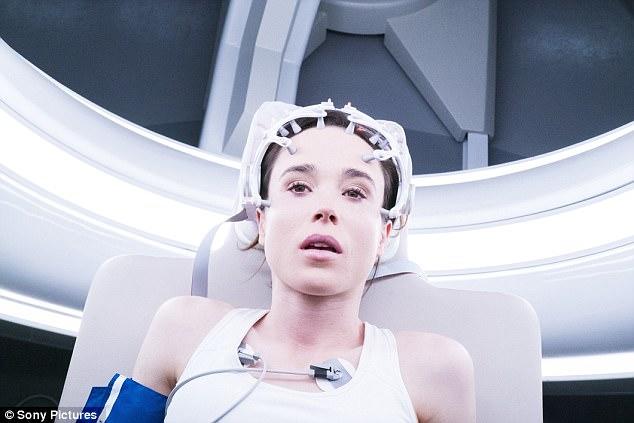
For countless centuries, humans have been morbidly curious about death and everything that takes place afterward. Some revived victims describe seeing a strange light as they were momentarily dead, which has baffled religious groups and scientists for ages. And although there are strong scientific theories about this, no explanation has ever been conclusive.
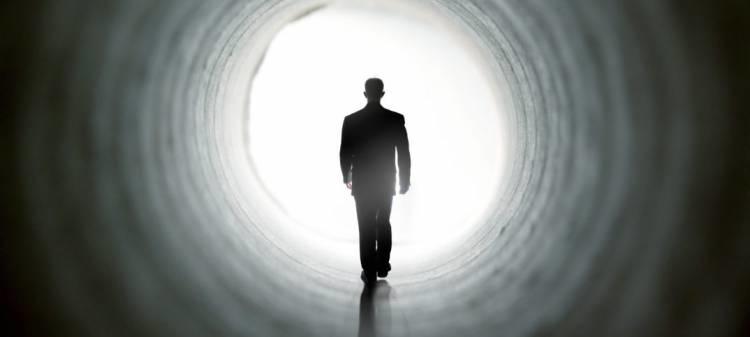
As if that's not interesting enough, other survivors have supposedly remembered floating above their dead bodies as doctors helplessly try to save them. In fact, some have even explained what they saw while floating as doctors subsequently confirmed their stories. Pretty intriguing stuff, huh?

The very notion of life after death has given Hollywood plenty of ideas to work with. So much that the film industry wouldn't be where it is today if it wasn't for the occasional death-related flick. Now movie makers are about to kick it up a notch thanks to new findings.
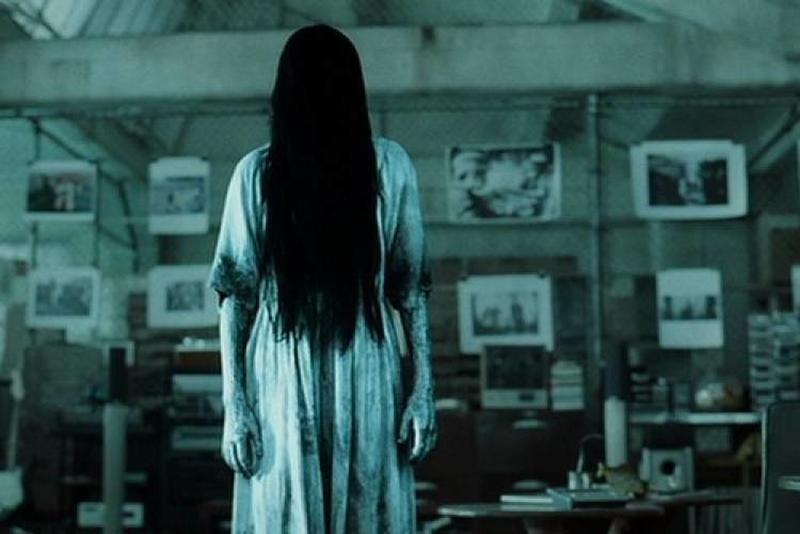
This new discovery has undoubtedly given new meaning to the film Flatliners, a 1990s remake starring Ellen Page. In the flick, a group of young medical students attempt to stop their hearts just to get a glimpse of life after death. Needless to say, Hollywood could have plenty of crazy ideas for generations to come, all thanks to this.
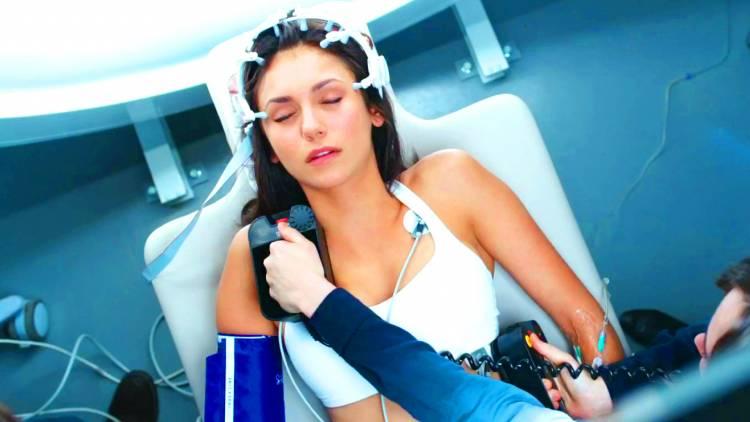
Now things are about to get way better for fiction fans and doctors alike. Top scientists have recently discovered that a person's consciousness is still active several minutes after our bodies show no life signs. Simply put, this means that we are very much aware of our own death!
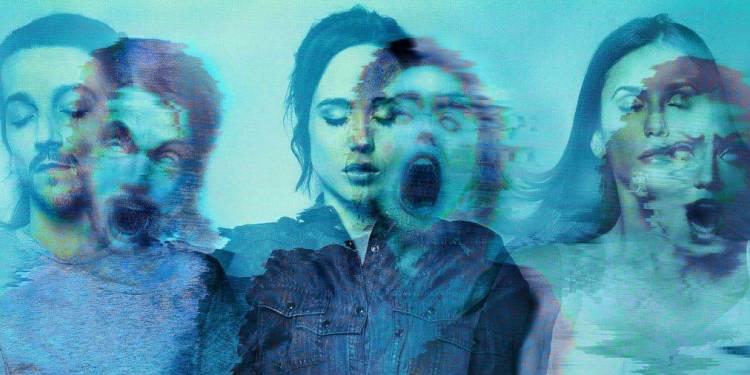
Don't think this seemingly silly idea is too far fetched, because a team from New York University Langone School of Medicine conducted a thorough study to answer the eternal question. They investigated many cardiac arrest survivors who managed to survive, and some of their stories were simply jaw dropping.
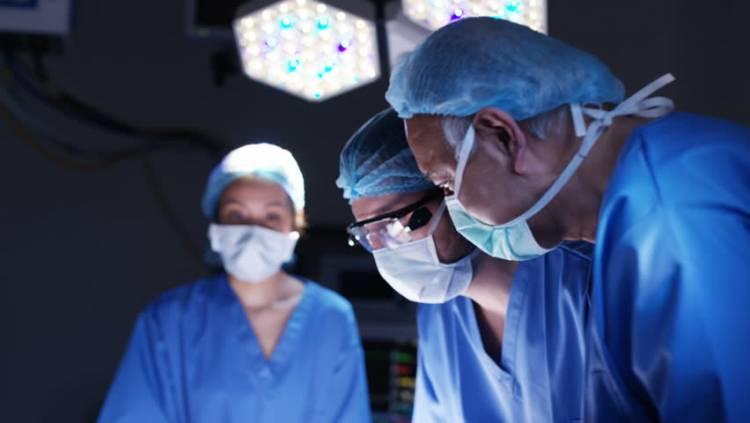
Doctor Sam Parnia told Live Science how these patients accurately described everything that took place in the operating table -- in vivid detail. This included conversations and many of the doctors' actions at the hospital. None of this would have been known unless the patients were fully awake with their eyes open.
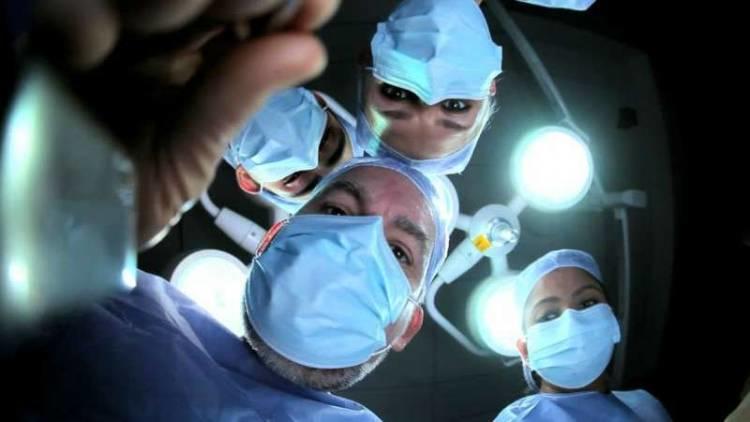
In fact, Dr. Parnia has also tested whether consciousness really does leave the body, but further studies are still needed. His team have placed pictures on high places where it's impossible for a patient to see from the hospital bed or table. Needless to say, no results have been recorded yet.
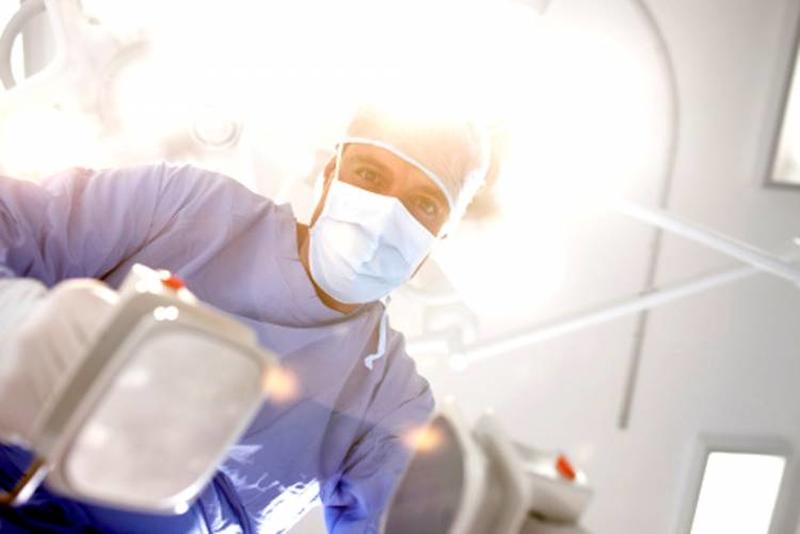
From a medical standpoint, death occurs when the heart stops beating. This then cuts off blood supply to the brain, which means that cells start dying and a person is officially diseased. Clearly, though, some people have effectively come back from the dead based on this medical definition. Creepy, but interesting stuff.
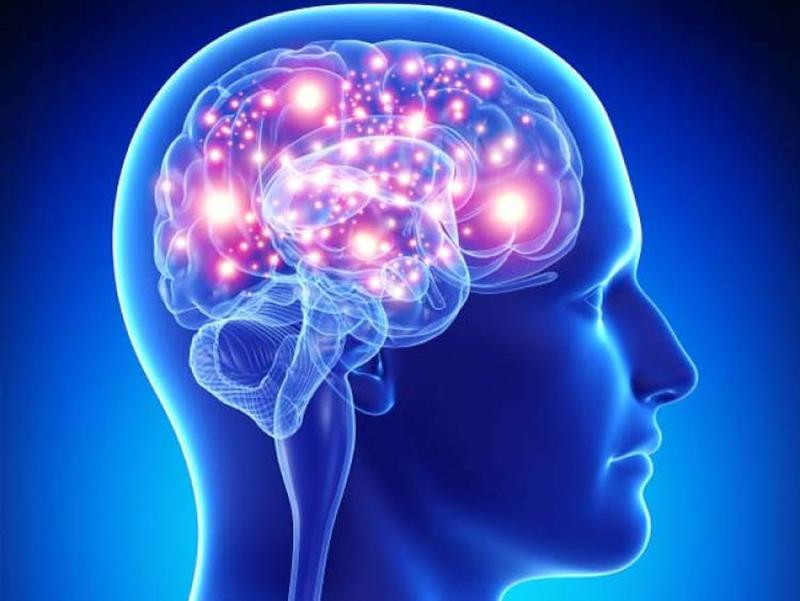
Dr. Parnia also explained that the cerebral cortex shuts down almost immediately. Why is this important? Well, this part of the brain is responsible for processing information and helping you think, which flatlines within 20 seconds of the blood being cut off.
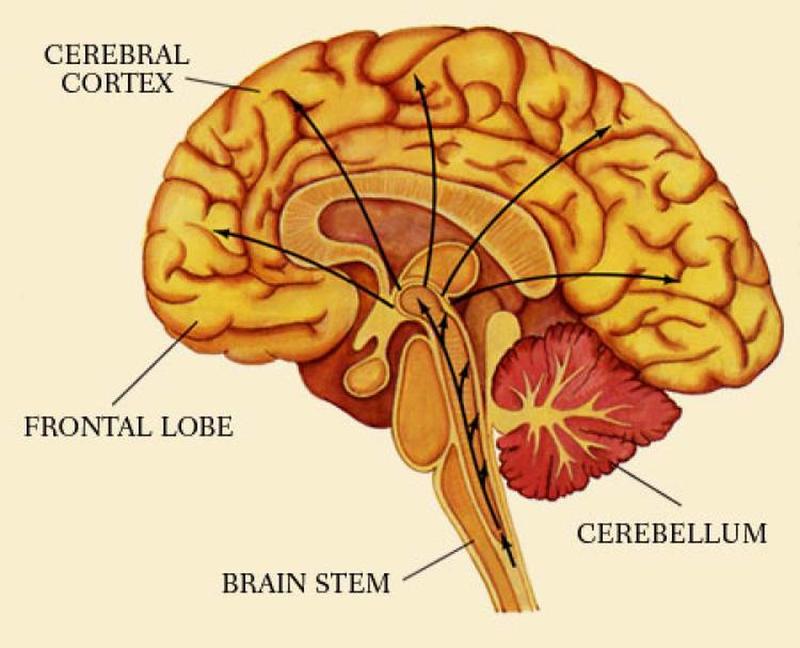
That being said, how is it possible that someone has had an active conscience after dying, considering such crucial brain functions are now unresponsive? This is probably due to the time it takes for brain cells to actually die, which extends to several hours.
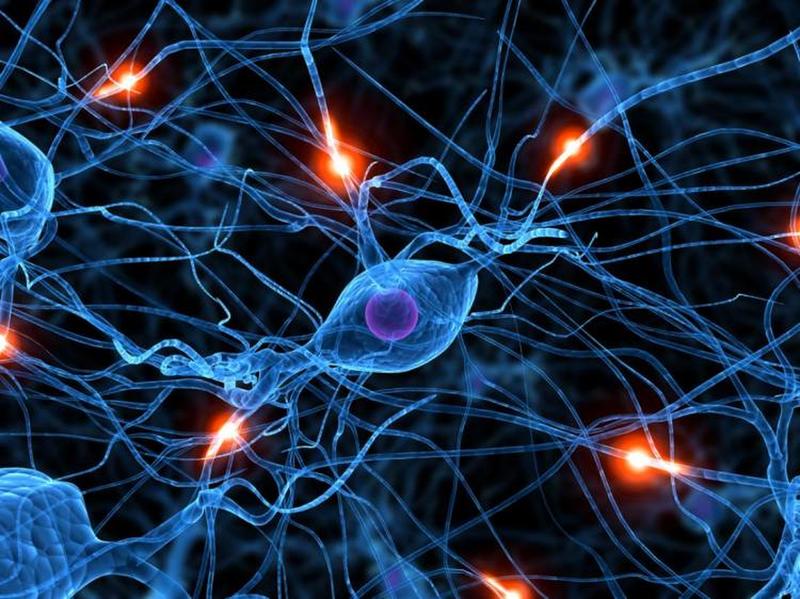
One thing is clear from these findings: We are slowly getting closer to something conclusive and scientifically accurate. To explain the reason behind these recollections, other scientists have theorized that consciousness itself is a complex neuron-based structure and thus, it doesn't shut down immediately.
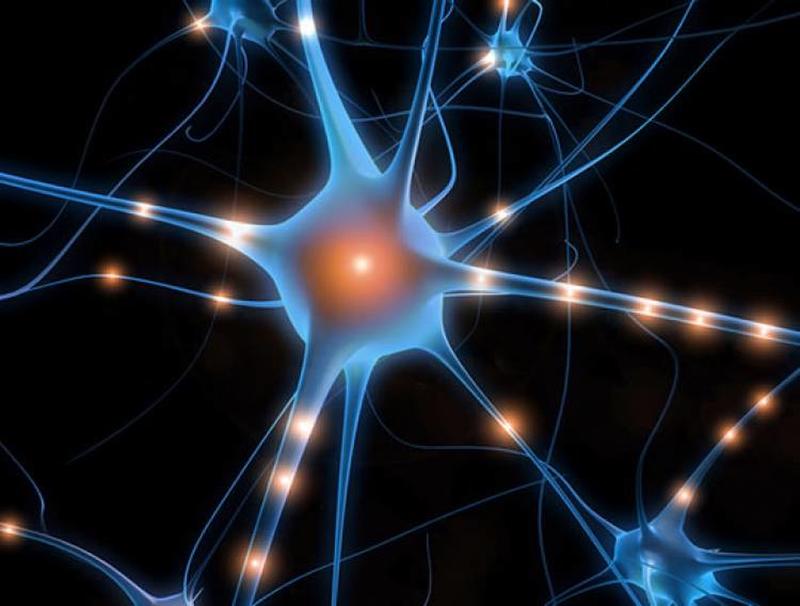
While everyone is dying to find out what we experience after death for mere curiosity, these scientists' primary purpose is far more conservative. The main purpose is to better monitor the brain and thus enhance resuscitation efforts. This also allows doctors to prevent massive brain injury while bring someone "back online."
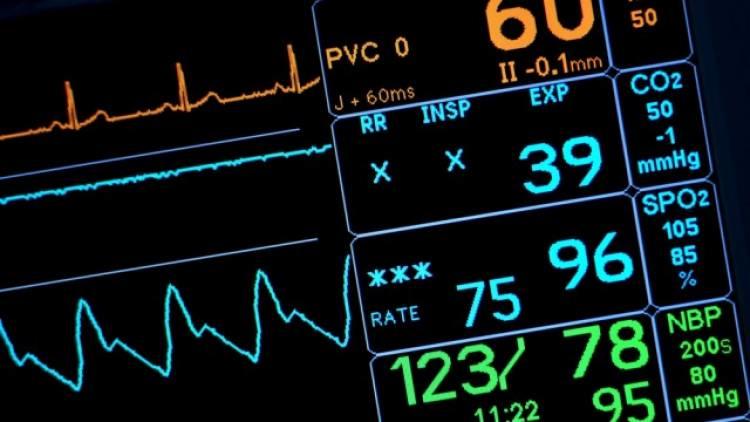
Jumping back to the fictional realm, Flatliners also touches upon a rather interesting notion; one that could very well be possible with further research. Depending on the circumstances, a survivor's brain activities could be enhanced due to the abnormal series of events, which helps people remember long-forgotten memories.
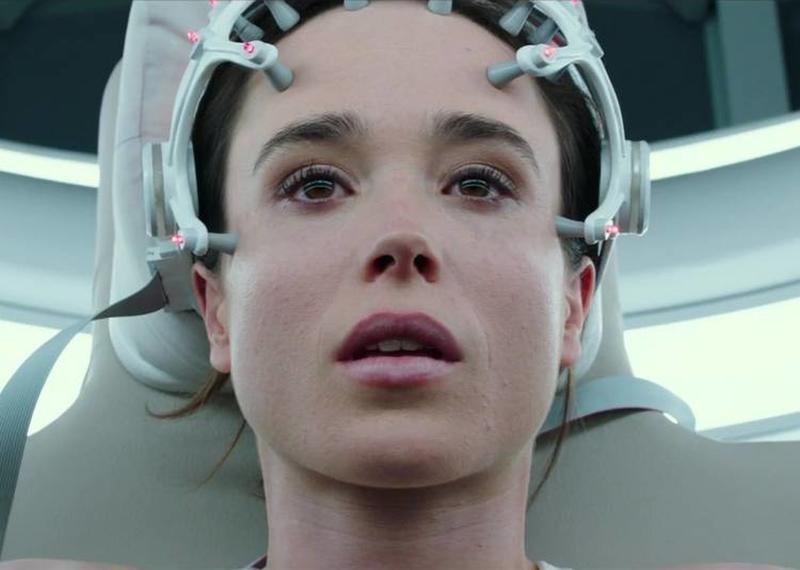
That said, Dr. Pania doesn't necessarily believe the idea of a suddenly-enhanced brain. He instead believes that a person may wake up with a new perspective on life after being subjected to such a dramatic event. This may lead them to think deeper about past memories and look at everything from new lenses, but this is as far as it goes.
